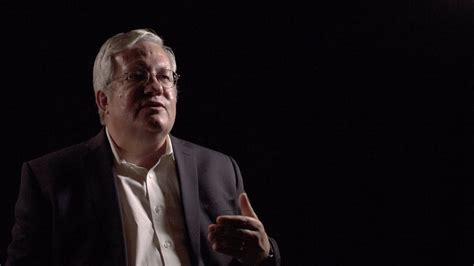A Quote by Rush Limbaugh
When you get down to the meat and potatoes of genuine capitalism, it is cutthroat, vicious competition, and the consumer always benefits in the end.
Related Quotes
It was only in the late nineteenth century and then the twentieth century, with the maturation of consumer capitalism, that a shift was made toward the cultivation of unbounded desire. We must appreciate this to realize that late modern consumption, consumption as we now know it, is not fundamentally about materialism or the consumption of physical goods. Affluence and consumer-oriented capitalism have moved us well beyond the undeniable efficiencies and benefits of refrigeration and indoor plumbing.
Let's suppose we all just materialized on Earth and there was a bunch of potatoes on the ground, okay? There's just six of us. Only six humans. We come into a clearing and there's potatoes on the ground. Now, my instinct would be, let's everybody get some potatoes. "Everybody got a potato? Joey didn't get a potato! He's small, he can't hold as many potatoes. Give Joey some of your potatoes." "No, these are my potatoes!" That's the Republicans. "I collected more of them, I got a bigger pile of potatoes, they're mine. If you want some of them, you're going to have to give me something."
At Thanksgiving, my mom always makes too much food, especially one item, like 700 or 800 pounds of sweet potatoes. She's got to push it during the meal. "Did you get some sweet potatoes? There's sweet potatoes. They're hot. There's more in the oven, some more in the garage. The rest are at the Johnson's."



































